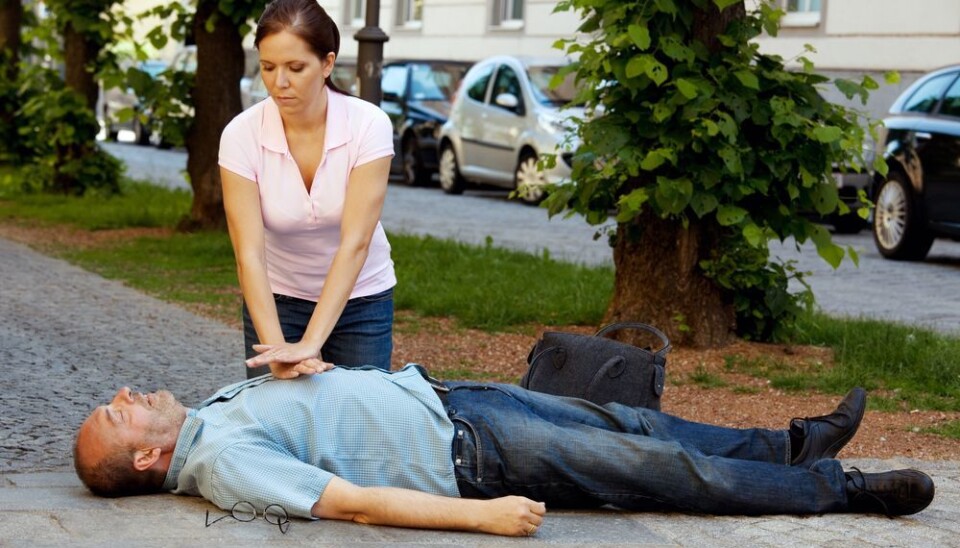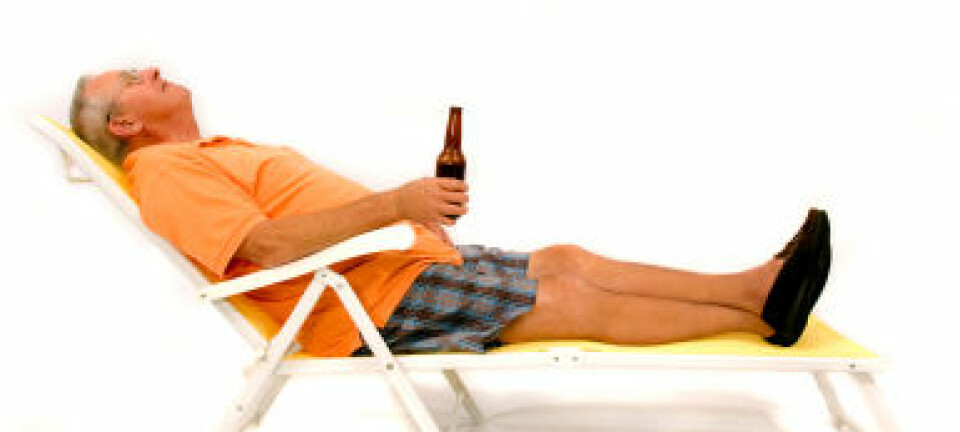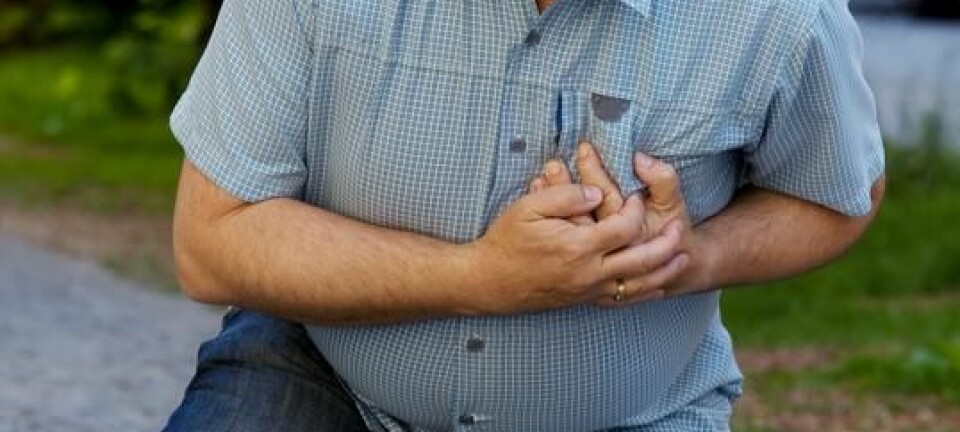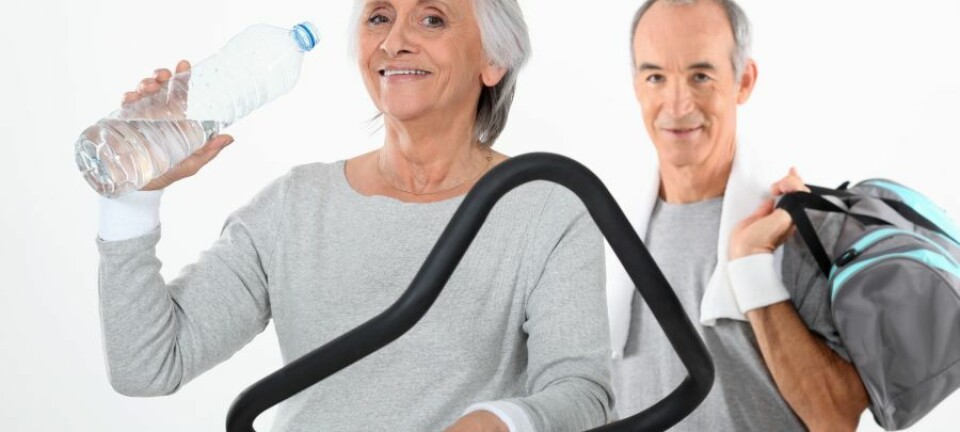
First aid is not only saving lives but also jobs
Immediately helping someone with heart failure will increase the chance of them being able to return to work by 40 per cent.
It is a well-established fact that the chance of surviving a heart attack is much greater if a bystander gives the person first aid before the ambulance arrives. What is probably less known is that it not only saves the victim’s life but probably also their job.
A new study shows that the chance of returning to work after suffering a heart attack increases by 40 per cent greater if a person gets first aid in comparison with those who get no help until the ambulance gets there.
"When a bystander gives heart massage and artificial respiration it helps get oxygen to the brain. Doing so minimises the risk of permanent brain damage, which is the underlying mechanism for allowing survivors to return to everyday life and get back to work," says study lead author Kristian Kragholm, a clinical assistant at Aalborg University Hospital and a Ph.D. student at Aalborg University, in a press release.
Call 112 or find a defibrillator
The study was completed with the support of the foundation TrygFonden and was recently published in the journal Circulation.
TrygFonden project leader Grethe Thomas says one message is clear from the results: it is simply a question of getting on with it and giving first aid.
"This emphasises why you shouldn't delay. Just get started and resuscitate a person who collapses right in front of you. You mustn't believe that they’ll suddenly come round, or hesitate because you don't know what to do,” says Thomas.
Instead, call the emergency line; they will tell you what to do, she says. “It would of course be great if you've taken a first aid course, but you don't need to have done that to make a difference.”
First-aid must help as many heart failure patients as possible
According to Thomas the next step is to spread the message to as many people as possible so they realise how easy it is to help people struck by a heart attack.
The hope is also to make people more aware of the fact that taking a first aid course is compulsory when taking a driving license and that junior and lower secondary school students must be given first aid training during school hours.
"This means we'll be getting an entirely new generation of first aiders who can spread the message to friends, parents, and grandparents, causing a ripple effect and making citizens aware of the fact that they should just start delivering heart massage without further ado," says Thomas.
Some 3,500 Danes collapse with heart failure every year. Bystanders help in 64 per cent of the cases.
------------
Read the original story in Danish on Videnskab.dk
Translated by: Hugh Matthews










